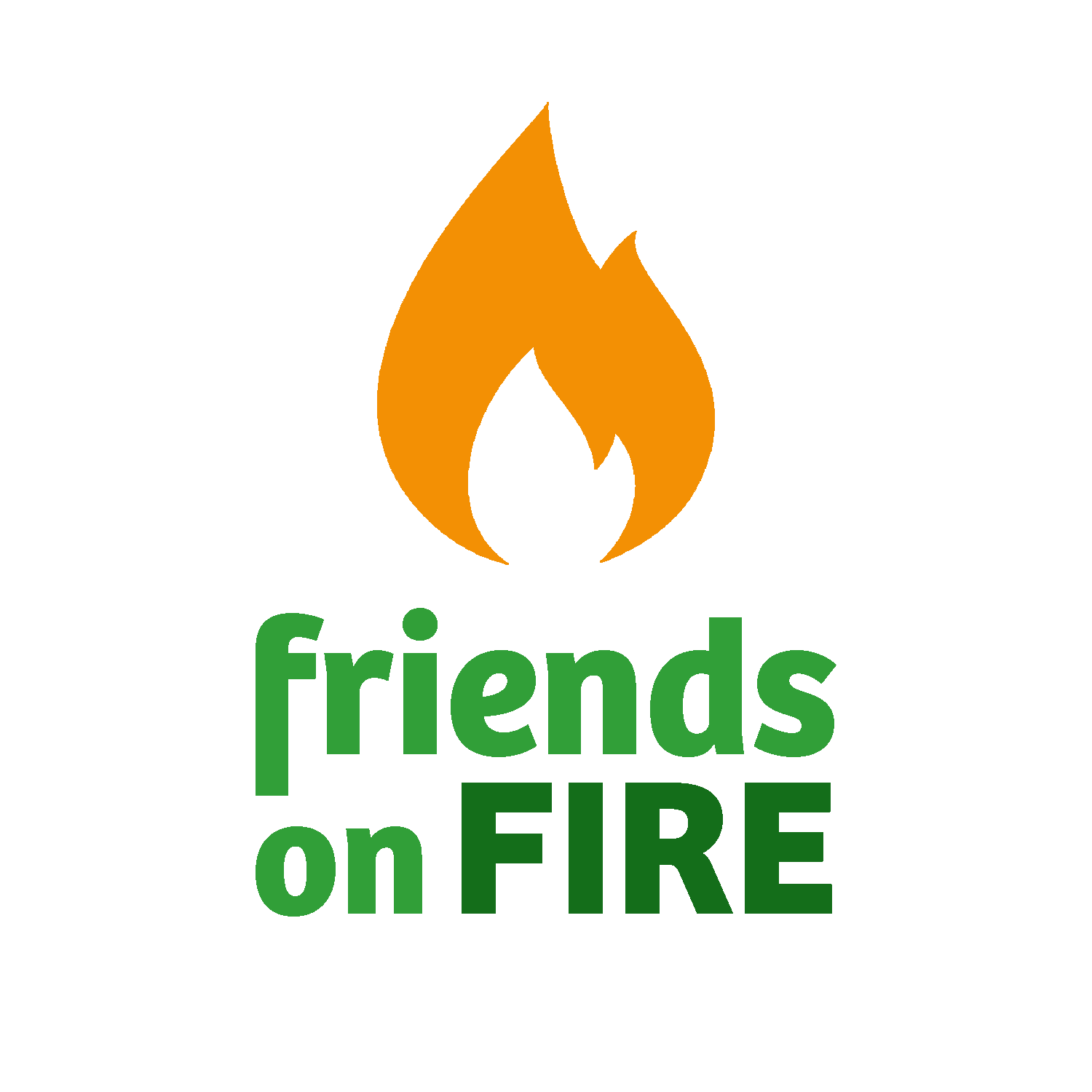Episode Summary
We discuss Greg McKeown’s book Essentialism: The Disciplined Pursuit of Less and how it relates into money. Essentialism is about focusing your time and energy on only the most important things, AKA the most “essential” for your personal happiness, your personal success, for your job, etc. We would add money to the list; essentialism should be about focusing your time, energy, and money on only the most essential things. Non-Essentialism would be doing everything, buying everything because it’s all worthwhile and shouldn’t be missed. FOMO, YOLO, etc. But that leads to financial struggle and stress. Listen for ideas and encouragement on how to leverage essentialism principles with how you spend your money.
Episode Notes
Maggie starts off with a recap of the vacation she just got back from, and we share a voicemail from a listener with some additional tips for how to save money while on vacation.
The book Essentialism is mostly centered on learning and using the principles in your professional life, but the principles easily translate to your personal finances. As the author shares, “the way of the Essentialist involves doing less, but better, so you can make the highest possible contribution.” We discuss how this applies to your personal finances and money. Mike is a natural born Essentialist and very focused and disciplined. Maggie is more of a minimalist with belongings but has to try much harder to be an essentialist with her commitments and priorities. We discuss what we’ve observed about each other, and then dive into our learnings and thoughts from the book. Mike share’s some of his favorite passages from the book:
- We can either make our choices deliberately or allow other people’s agendas to control our lives…this requires, not just haphazardly saying no, but purposefully, deliberately, and strategically eliminated and the nonessentials, and not just getting rid of the obvious time wasters, but cutting out some really good opportunities as well. Instead of racing to the social pressure pulling you to go in a million directions, you will learn a way to reduce, simplify, and focus on what is absolutely essential by eliminating everything else.
- Essentialists see trade-offs as an inherent part of life, not as an inherently negative part of life. Instead of asking, “What do I have to give up?” they ask, “What do I want to go big on?”
- The best asset we have for making a contribution to the world is ourselves. If we underinvest in ourselves, and by that I mean our minds, our bodies, and our sprites, we damage the very tool we need to make our highest contribution.
- (In reference to the “reverse pilot” practice) The Executive simply stopped publishing the report and waited to see what the response would be. What he found was that no one seemed to miss it.
- When we are unclear about our real purpose in life–in other words, when we don’t have a clear sense of our goals, our aspirations, and our values–we make up our goals, our aspirations, and our values, we make up our own social games. We waste time and energy on trying to look good in comparison to other people.
Top 3 Takeaways from this episode:
- Essentialists see trade-offs as an inherent part of life, not as an inherently negative part of life. Instead of asking, “What do I have to give up?” they ask, “What do I want to go big on?
- Essentialists have clear goals and purpose, and so should you! Spend money on those things. Don’t let others or society set them for you in the form of material things.
- With money and with life, focus on only the most essential things. You’ll be more focused, happier, healthier and of course, have more money.
—
Show References
Essentialism: The Disciplined Pursuit of Less
